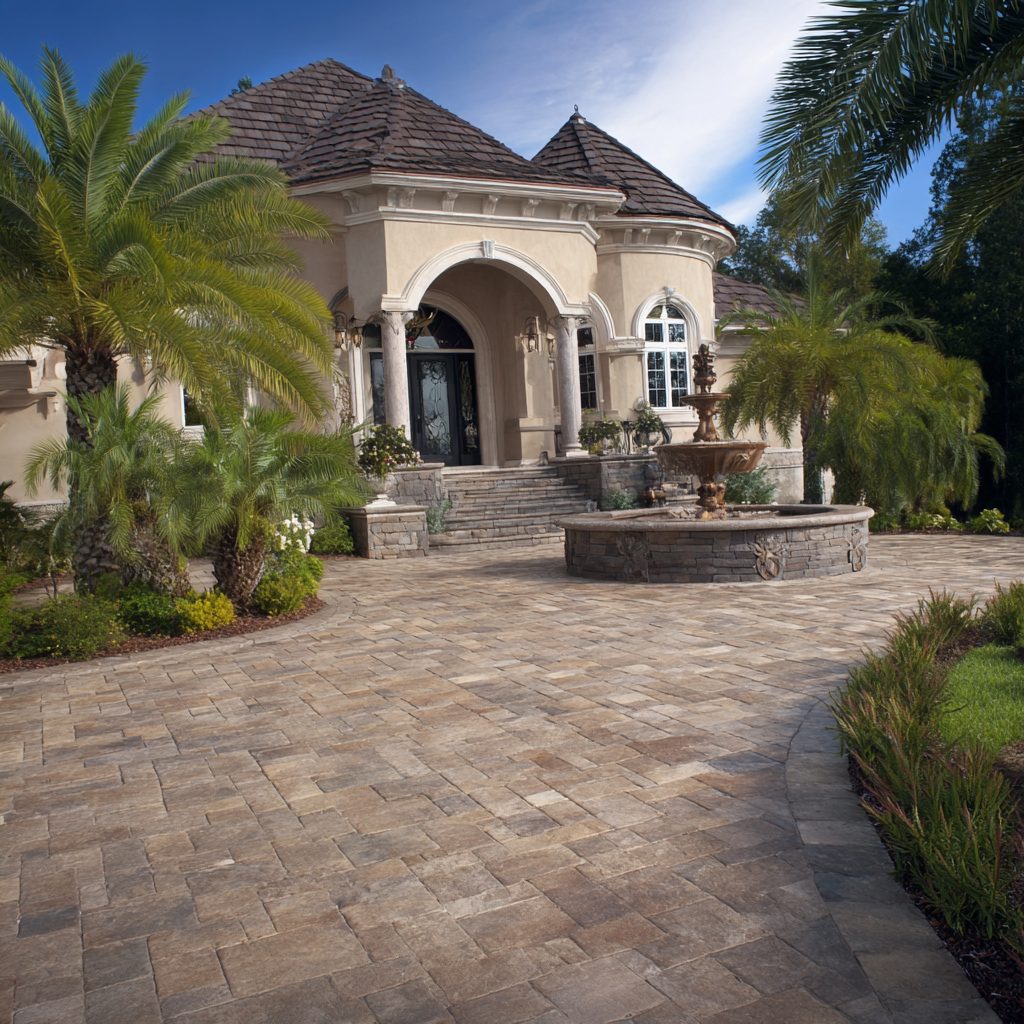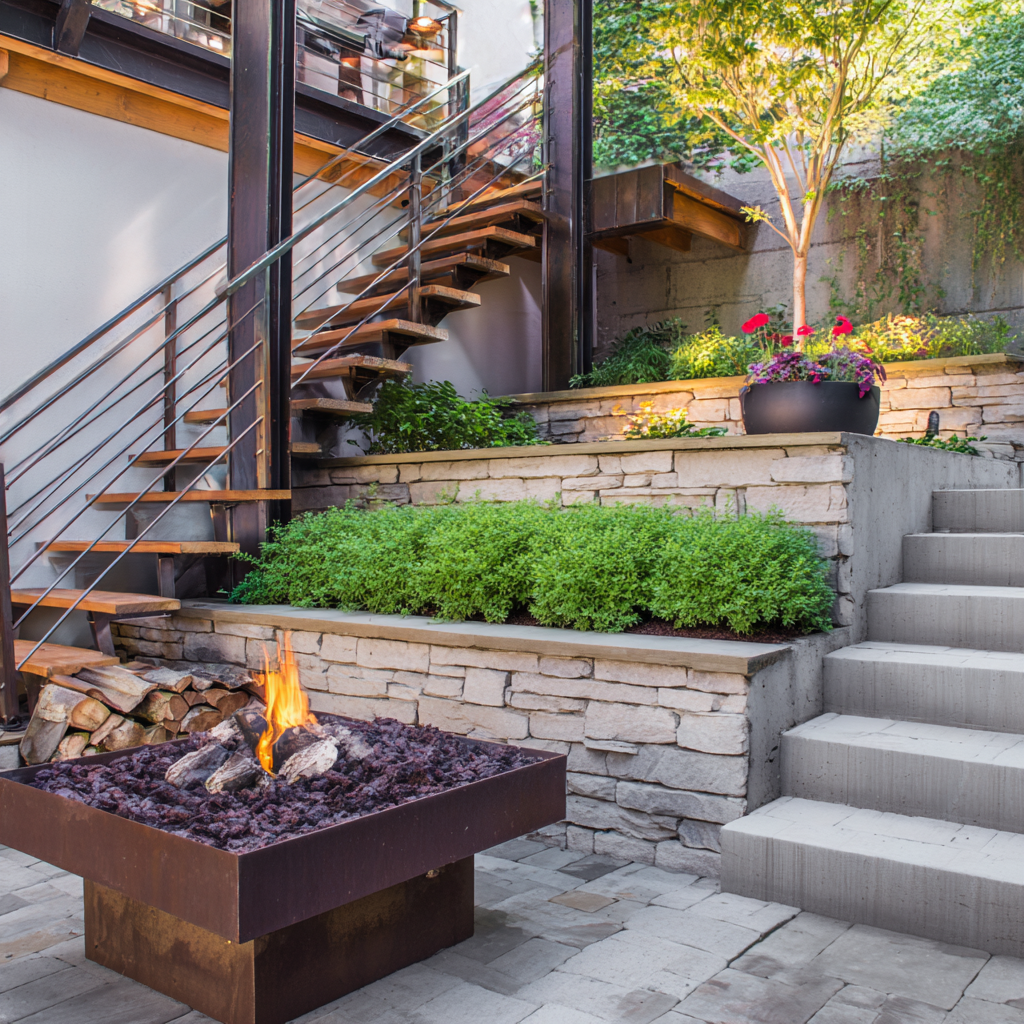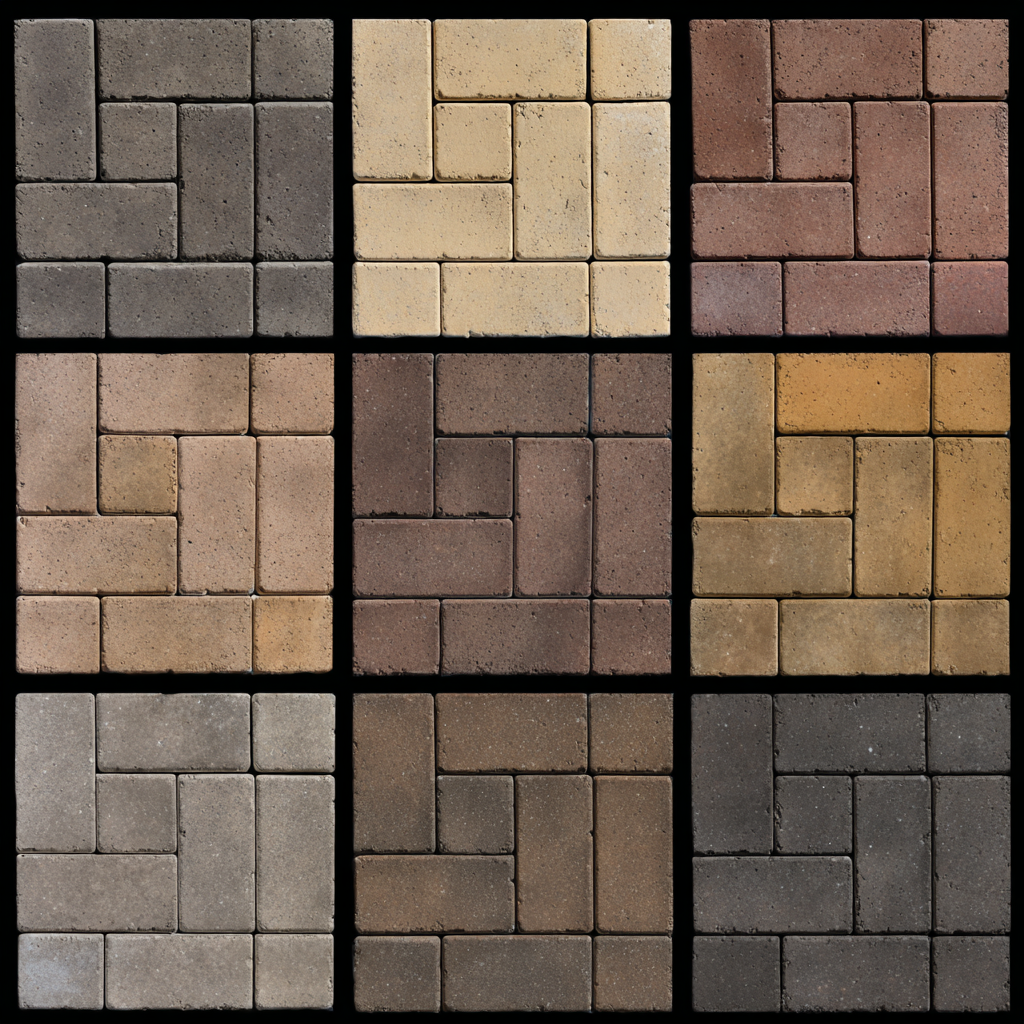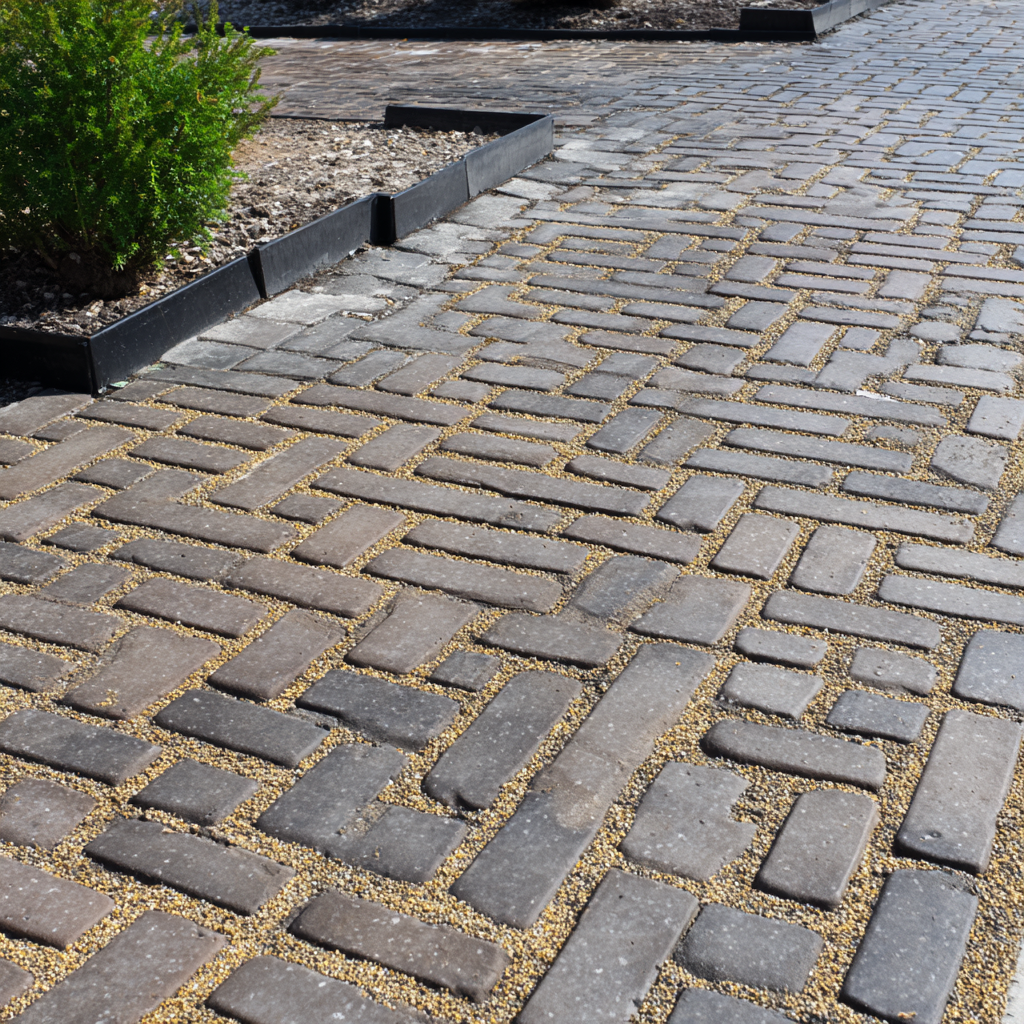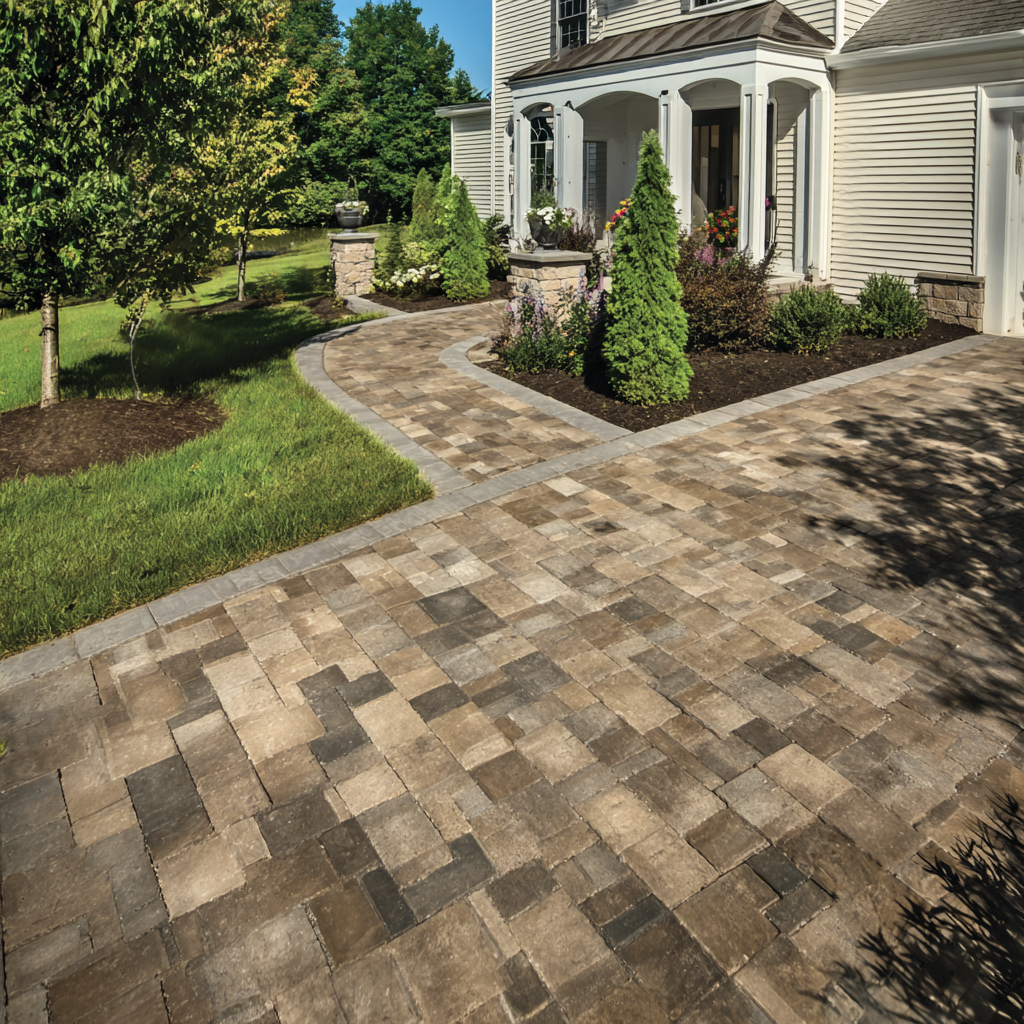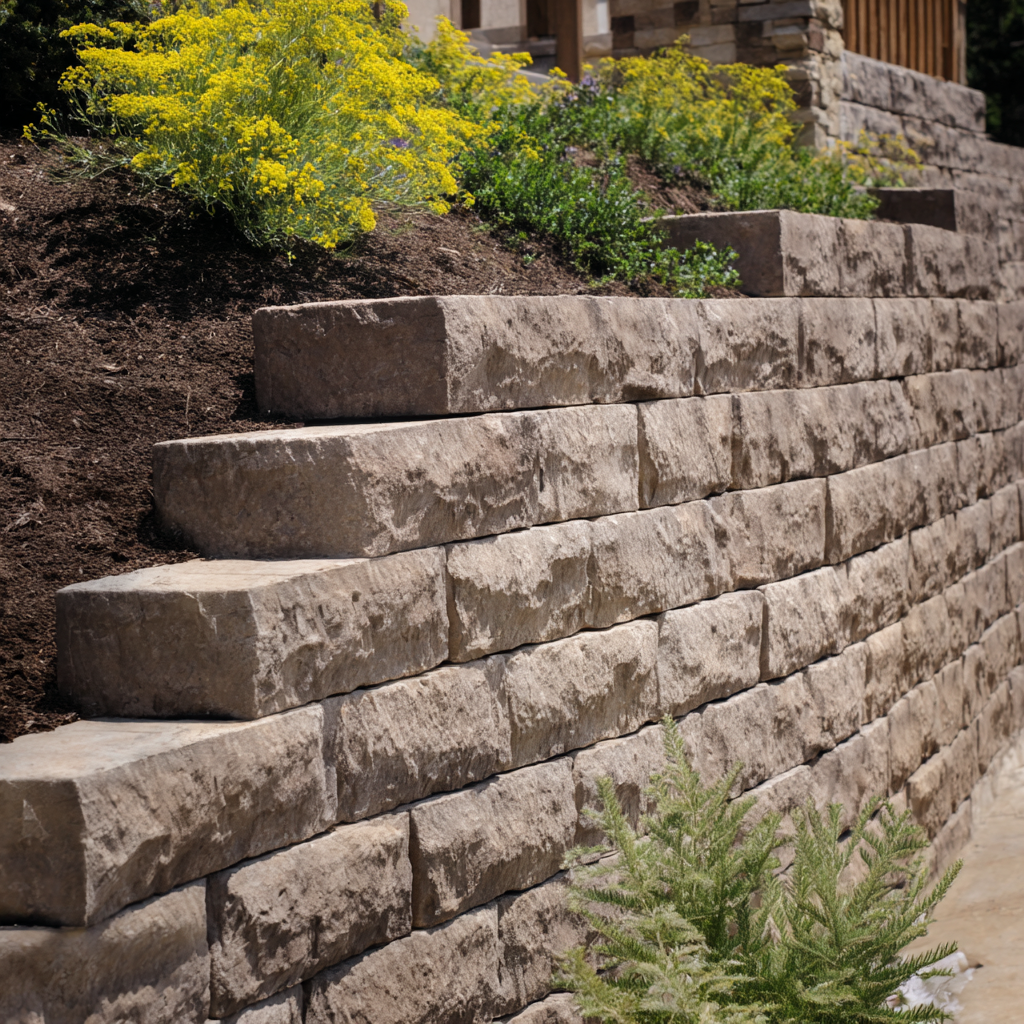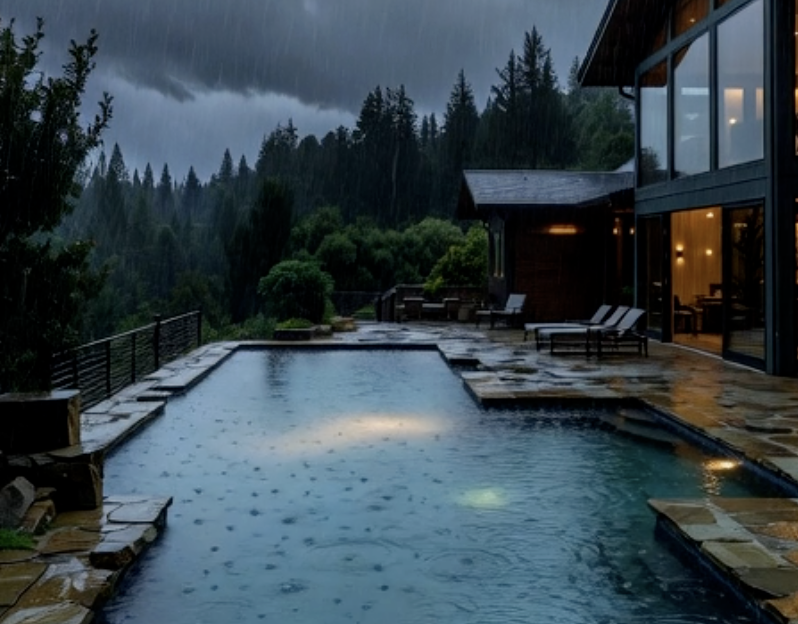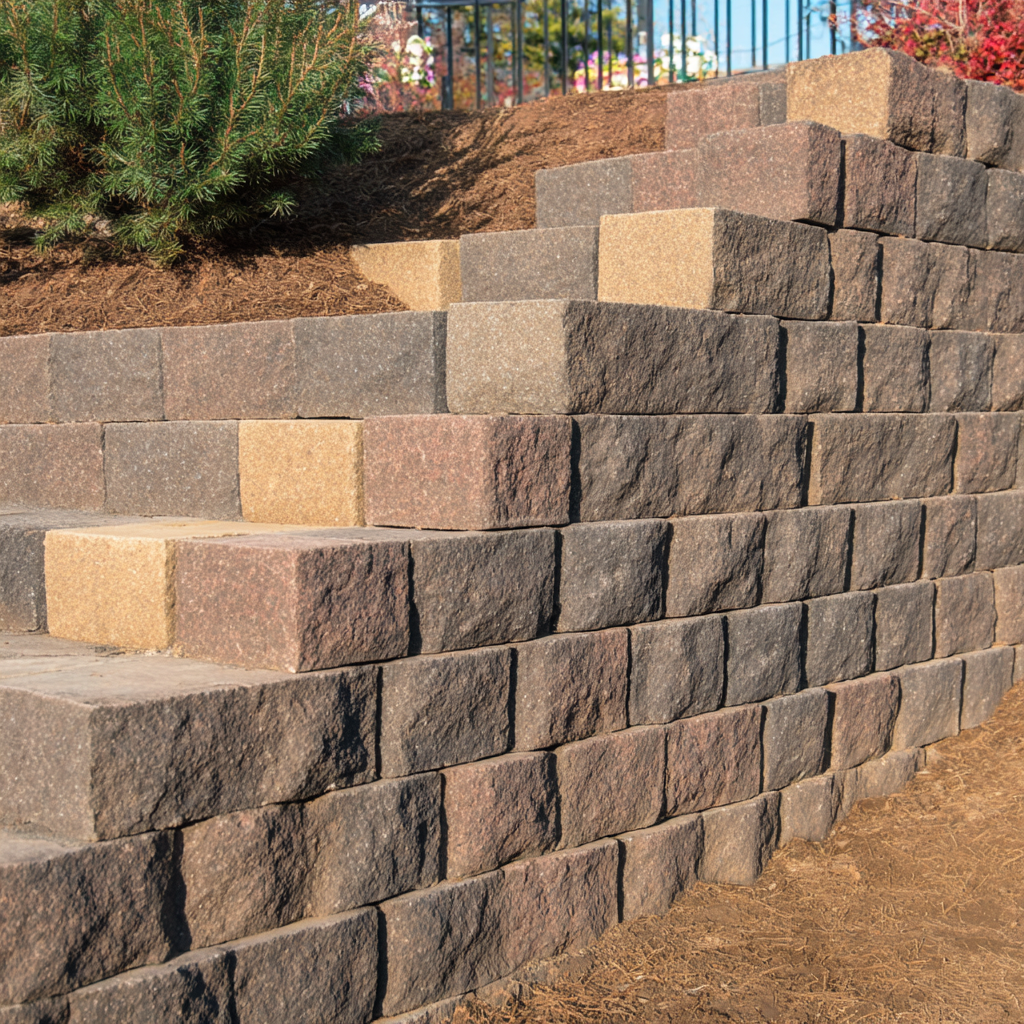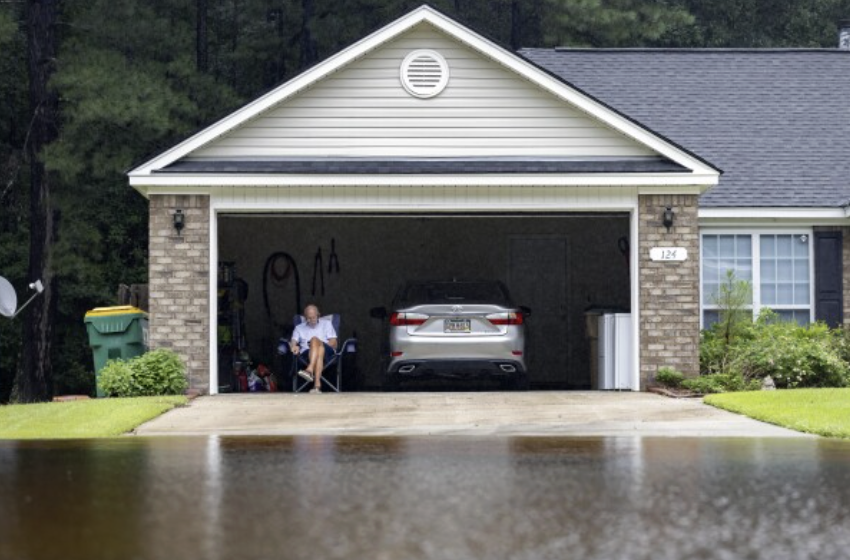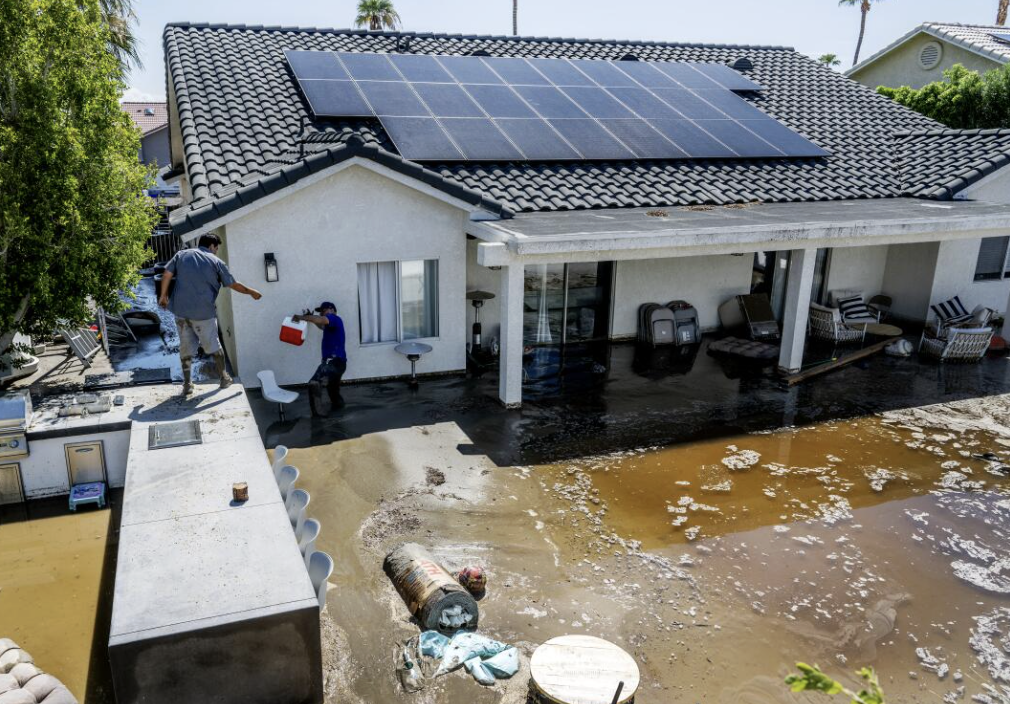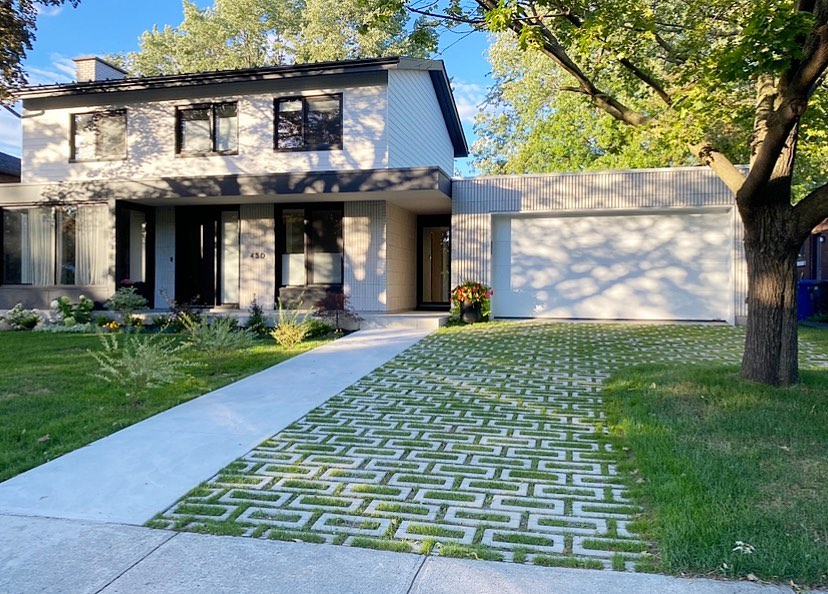
If you’re a San Jose homeowner dreaming of a stunning driveway, patio, or garden path, paver installation is a game-changer. In the Bay Area’s unique climate—dry summers, foggy mornings, and occasional winter rains—pavers are a durable, attractive choice compared to plain concrete. Plus, in a seismically active spot like San Jose, interlocking pavers flex with ground movement, reducing cracks.
At Bayside Pavers, we’ve been transforming Bay Area homes since 2009, serving neighborhoods like Willow Glen, Almaden Valley, and Downtown San Jose. As ICPI-certified pros, we follow strict Interlocking Concrete Pavement Institute standards, ensuring top-notch results backed by our 25-year warranties. With over 15 years of experience, we know San Jose’s clay-heavy soils, alluvial deposits, and local zoning rules inside out.
Paver installation isn’t just about looks—it boosts your home’s value, improves drainage to meet San Jose’s water regulations, and creates inviting outdoor spaces.
Whether you’re curious about installing driveway pavers for heavy cars or patio pavers for cozy evenings, this guide covers the ICPI-standard process, highlights differences for driveways versus paths and patios, and shares Bay Area-specific tips. Ready to get started? Call Bayside Pavers for a free design consultation.
UNDERSTANDING ICPI STANDARDS FOR PAVER INSTALLATION
The ICPI sets tough rules for installing interlocking concrete pavers to ensure they hold up for both foot traffic and vehicles. Industry data from the National Association of Landscape Professionals shows well-installed pavers can last 30-50 years, perfect for the Bay Area’s variable weather.
ICPI guidelines demand certified materials, like pavers with 8,000 psi strength (per ASTM C936), and precise compaction to avoid settling. For San Jose, this means designing for minimal freeze-thaw cycles but prioritizing seismic flexibility and drainage for rainy days.
BENEFITS OF ICPI-COMPLIANT INSTALLATION
- Lasts through Bay Area earthquakes without cracking.
- Lets water drain properly, meeting local runoff rules.
- Boosts home value—up to 20% return on investment.
MATERIALS OVERVIEW
Popular options include concrete pavers ($5-15 per square foot), natural stone ($10-25 per square foot), and permeable pavers ($8-20 per square foot) that align with San Jose’s eco-friendly focus.
STEP-BY-STEP PAVER INSTALLATION PROCESS
Following ICPI Tech Spec 2, installing pavers in San Jose requires careful steps. We recommend hiring pros for compliance, but here’s how it works.
PRE-CONSTRUCTION PLANNING AND LAYOUT
Start by assessing the site: mark excavation areas with stakes, keeping San Jose’s zoning rules (like setbacks in Almaden) in mind. Call DigAlert to check for utilities. Design a 1.5-2% slope to handle drainage during winter rains.Benefits: Avoids costly mistakes and ensures legal compliance.
Cost Estimate: $500-1,000 for surveys, included in project costs.
Tips: Use string lines for precision; pros like Bayside Pavers offer 3D design mockups.
EXCAVATION AND SUBGRADE PREPARATION
Dig to the right depth—deeper for driveways. Clear out grass or roots, then compact the soil to 98% Proctor density. In San Jose’s clay soils, add drainage pipes if needed.
Benefits: A stable base prevents shifting in earthquake-prone areas.
Cost Estimate: $2-5 per square foot.
Tips: Lightly moisten soil for better compaction; test density for accuracy.
GEOTEXTILES AND BASE INSTALLATION
Lay optional geotextile fabric to stop soil mixing. Spread aggregate base in 4-6 inch layers, compacting each to 98% density using dense-graded aggregates (per ICPI Table 4).
Benefits: Supports heavy loads on San Jose’s varied soils.
Cost Estimate: $3-7 per square foot for materials.
Tips: Avoid frozen aggregates; use up to 50% recycled concrete for driveways.
EDGE RESTRAINTS
Install aluminum, plastic, or concrete edges to hold pavers in place.
Benefits: Keeps pavers locked under traffic.
Cost Estimate: $1-3 per linear foot.
Tips: Secure edges into the base; critical for San Jose driveways.
BEDDING SAND LAYER
Spread a 1-inch layer of concrete sand (ASTM C33) and smooth it evenly.
Benefits: Allows small adjustments for uneven ground.Cost Estimate: $1-2 per square foot.Tips: Don’t walk on screeded sand; use powered screeds for big areas.
LAYING THE PAVERS
Place pavers in patterns (herringbone for driveways), keeping joints 1/16-3/16 inches wide. Cut edges with a saw for a clean fit.
Benefits: Looks great and allows easy repairs.Cost Estimate: $5-10 per square foot for labor.
Tips: Mix pavers from different bundles for uniformity; compact within 6 feet of the laying edge.
JOINTING SAND AND FINAL COMPACTION
Spread joint sand (ASTM C144), then compact with a plate vibrator until joints are full.
Benefits: Locks pavers tightly; prevents weeds.
Cost Estimate: $0.50-1 per square foot.
Tips: Seal pavers for UV protection in sunny San Jose.
DIFFERENCES IN INSTALLATION FOR DRIVEWAYS VS. PATHS AND PATIOS
ICPI standards vary depending on whether pavers are used for vehicular or pedestrian traffic. For driveways, which handle cars, the paver thickness is 3 1/8 inches (80 mm), while paths and patios, meant for foot traffic, use 2 3/8 inches (60 mm). The base thickness for driveways requires 6-12 inches of compacted aggregate, compared to 4-6 inches for paths and patios.
Compaction for driveways follows a 98% modified Proctor standard, while paths and patios use a 98% standard Proctor. Driveways typically use a herringbone pattern for better load support, whereas paths and patios allow more flexible patterns. In San Jose, driveways often require permits for drainage changes, while patios rarely need permits unless the grade is altered.
In San Jose, driveways in places like Rose Garden may require Building Division permits ($100-300 fees). Patios often use permeable pavers to meet eco-regulations.
COST ESTIMATES FOR SAN JOSE PROJECTS
Expect $15-30 per square foot. Average projects: $15,000-20,000.
CONCLUSION
Installing pavers in San Jose to ICPI standards delivers durable, eye-catching hardscapes perfect for our Bay Area climate and soils. From planning to final compaction, each step ensures longevity. At Bayside Pavers, our ICPI expertise and local know-how—serving San Jose since 2009—guarantee results with 25-year warranties. We’ve revamped countless yards, like a permeable patio in Willow Glen that aced winter drainage.DIY can be risky, so trust pros to avoid headaches. Call Bayside Pavers at +1 (866) 225-3512 or visit https://www.baysidepavers.com for a free quote. Share your project ideas below or ask about our services today!
FAQ: COMMON QUESTIONS ON PAVER INSTALLATION IN SAN JOSE
What are ICPI standards for paver installation?
ICPI standards cover materials, compaction, and processes for durable interlocking pavements, varying for pedestrian vs. vehicular use.
Do I need a permit for paver installation in San Jose?
Driveways may need permits if changing drainage or grade; patios usually don’t. Check with San Jose’s Building Division.
How much does paver installation cost in San Jose?
$15-30 per square foot. Average projects cost $15,000-20,000.
What’s the best paver material for San Jose’s climate?
Permeable concrete pavers excel for drainage in mild, rainy weather.
Can pavers withstand earthquakes in the Bay Area?
Yes, their flexibility makes them ideal for seismic zones.
How long does paver installation take?
Most residential projects take 3-7 days.
Should I hire a pro for ICPI paver installation?
Yes—pros ensure compliance and warranties like our 25-year guarantee.
ABOUT THE AUTHOR
Tim McMullen, Designer at Bayside Pavers, has a background in luxury residential development and sales. His passion lies in creating outdoor spaces that draw people outside to simply enjoy. With expertise in yard design and hardscaping, Tim has helped transform numerous Bay Area properties, including in San Jose. Learn more at https://www.baysidepavers.com/tim.
RELATED POSTS
- Paver Patios in the Bay Area
- Interlocking Pavers Are Better Than Concrete For Driveways In California
- Ensuring Proper Drainage for Your Paver Patio: A Comprehensive Guide
LEARN MORECheck ICPI standards at ICPI.org or get inspiration from Houzz.
Explore our patio services (/services/patio-installation), driveway pavers (/services/driveway-pavers), or blog (/blog).


 Schedule Design Consultation
Schedule Design Consultation.png)
